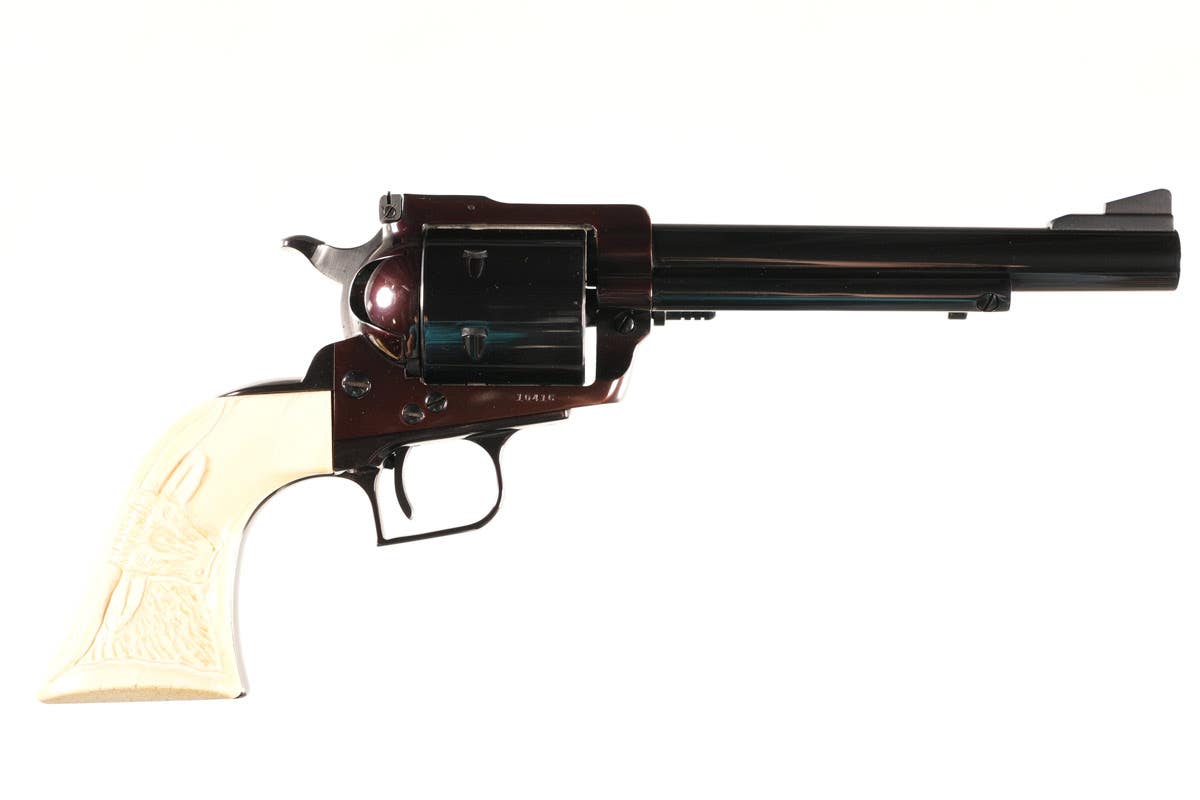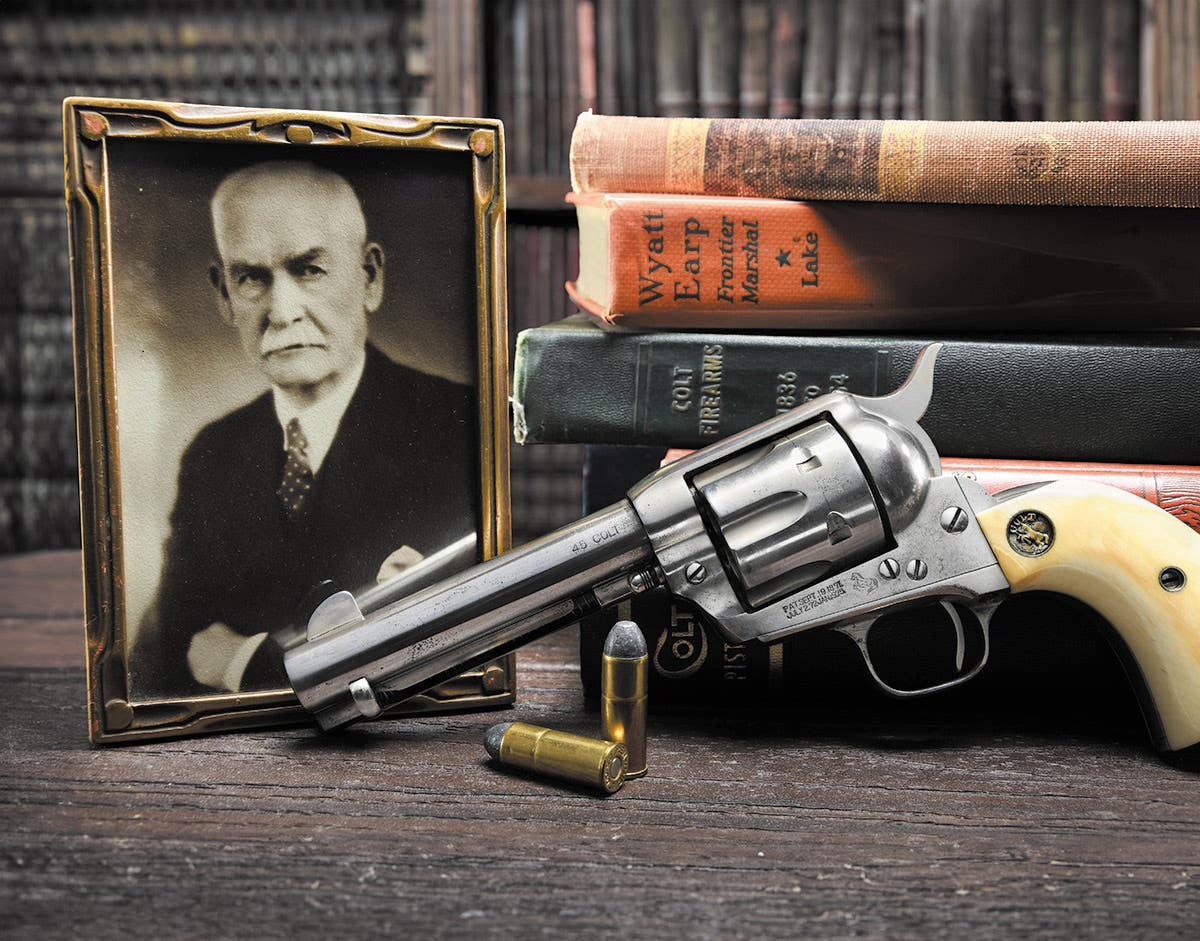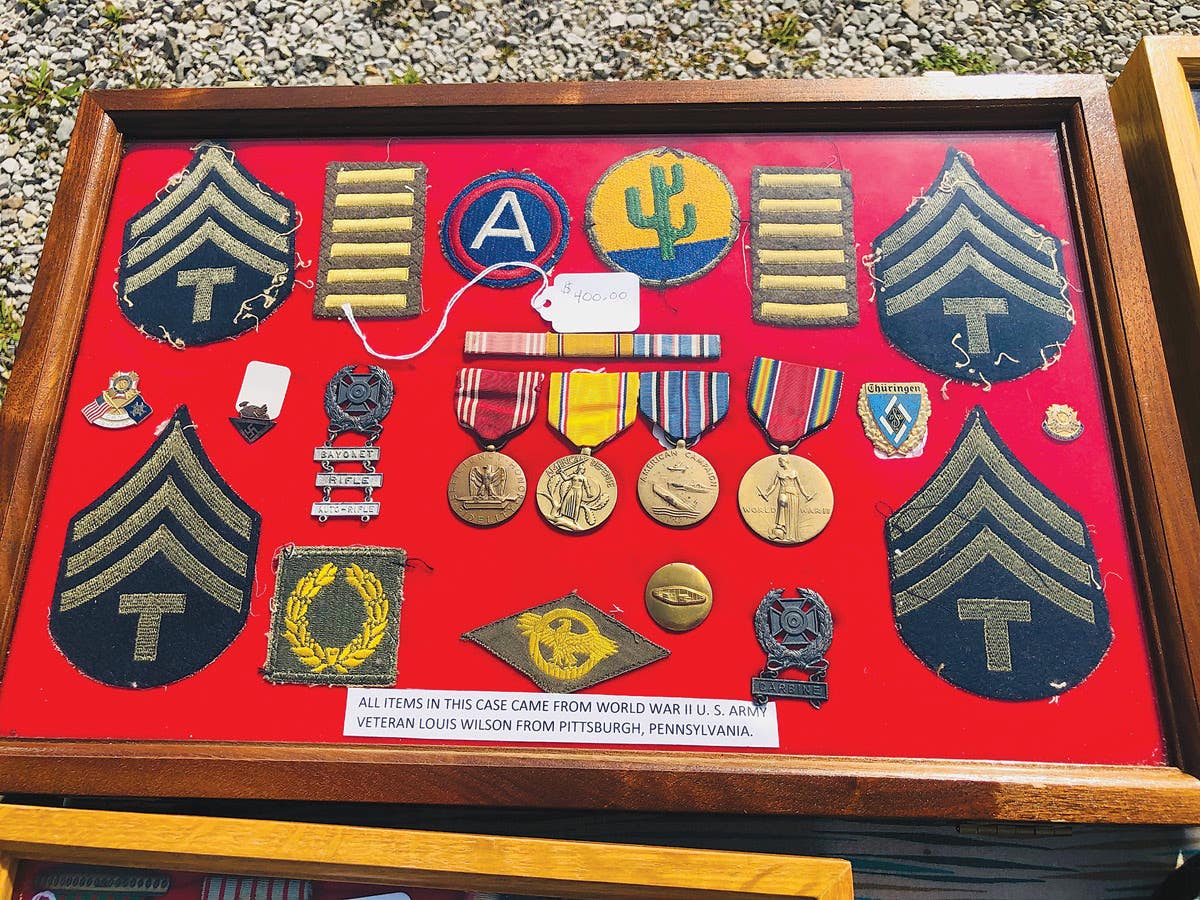Confederate plate at heart of Texas debate
The Supreme Court struggled March 23 in a dispute over a proposed Confederate battle flag license plate to balance worries about government censorship and concerns that offensive messages could, at…
The Supreme Court struggled March 23 in a dispute over a proposed Confederate battle flag license plate to balance worries about government censorship and concerns that offensive messages could, at worst, incite violence.
Nearly 150 years after the end of the Civil War, the justices heard arguments in a case over Texas' refusal to issue a license plate bearing the battle flag. Nine other states allow drivers to display plates with the flag, which remains both a potent image of heritage and a racially charged symbol of repression.
Officials say specialty license plates are big business in Texas. They brought in $17.6 million in Texas last year and state officials said there are now nearly 450 messages to choose from. The state rarely rejects a specialty plate, but it did turn down a request by the Texas division of the Sons of Confederate Veterans for a license plate with its logo bearing the battle flag. The group's lawsuit led to the March 23 hearing in Washington, D.C.
The case could be important for how the Supreme Court determines whether the speech at issue belongs to private individuals or the government.
Eleven states are supporting Texas because they fear that a ruling against the state would call into question license plates that promote national and state pride and specific positions on such controversial issues as abortion.
A decision in Walker v. Sons of Confederate Veterans, 14-144, is expected by late June.








